As you may have heard, the U.S. government's mortgage relief programs -- including the Home Affordable Modification Program, or "HAMP" -- have been extended through 2015. Applications made ahead of the December 31, 2015 deadline can help distressed homeowners save money on their monthly mortgage payments and extend the due date for balances that are past due. Just make sure to apply well before that deadline so your application can be processed in time.
There have been many complaints about the program. I've heard a bunch of them myself. Folks tell me their banks are not cooperating and are demanding a mountain of paperwork before they'll even get consideration. People are also frustrated by the delays. It can take months for a simple application to be approved or denied. Meanwhile, folks are left in the dark to worry about whether they may lose their home.
And sadly, most people who apply do not qualify for a mortgage modification. But if you need help it is definitely worth trying. Here are a few tips to help with the process:
It's generally a bad idea to pay anyone to help you with a loan modification application. There are companies out there that will take an up-front fee to assist you with the process. This is tempting, partly because you may think an "expert" can increase your odds. But as the Minnesota Attorney General's Office has warned, many of these are scams. If they ask you to pay up front, it's probably best to steer clear.
Instead, try getting help from a non-profit or governmental agency. The Attorney General has provided some links for places to start.
When trying to figure out who to call at your bank, it usually makes the most sense to start with the phone number on your mortgage bill. Even if you have received past-due notices from a collection agency or a law firm, it is still probably best to start with the phone number on your mortgage statement if your goal is to try for a mortgage modification. Note, however, that if you have already received a foreclosure notice it may be too late to work with the bank, in which case you may want to contact a debt relief attorney (like me) right away to find out about your options. There are things that can be done, including applying for foreclosure extensions or for Chapter 13 relief.
When you make the call to the bank, be prepared. Tell whoever answers that you're having trouble paying your mortgage and would like to apply for "any relief I am eligible for under the Making Home Affordable program." Making Home Affordable is the current umbrella term for all of the various mortgage-relief programs, including HAMP. By asking for this you are more likely to be directed down the application funnel correctly. Confusing? Yes. Sadly, the government isn't always so good at coming up with names for its programs.
Have a notepad and a working pen or pencil ready to go to take notes. It's also a good idea to have your financial paperwork in front of you. The bank's agent will be able to look up your payment history but having things like your most recent tax return and a recent paystub for each wage earner in your household may help streamline the first call, in case they ask for monthly income information. Write down the names of anyone you speak with and the date and time of the call. In fact, it's a good idea to do this for all calls that you make so you have a record of your efforts in case there is any misunderstanding later on.
A HAMP application -- or, possibly, a "Streamlined Modification Initiative" if your loan is guaranteed by Freddie Mac or Fannie Mae -- will involve you providing your bank with paperwork. Lots of it. Try not to get overwhelmed. Take it one step at a time. You may feel frustrated but keep telling yourself that it's worth the effort (because it is).
Whenever you send documents to the bank, it's a good idea to follow that up with a phone call to make sure they got everything they need. Do not be surprised if you need to re-send something.
The entire application process can take weeks. While you are waiting to hear back it will not hurt to call every so often to check up on your application. Once or twice a week is probably enough.
Will following these tips guarantee success? Absolutely not. The odds are stacked against you. But if you qualify for help you will see a significant benefit. In rare cases some of the principal owed on the home loan can be forgiven.
Don't give up if the application is denied. You are entitled to ask why you were denied and you can re-apply if your circumstances change later. For instance, people can be denied for having too much or too little income. Your income may change down the road and you can reapply if that happens.
If all else fails, there are legal options available. That is where my office fits in. And you're welcome to call me anytime for a free consultation about those options.
Image credit: Chris Scott

